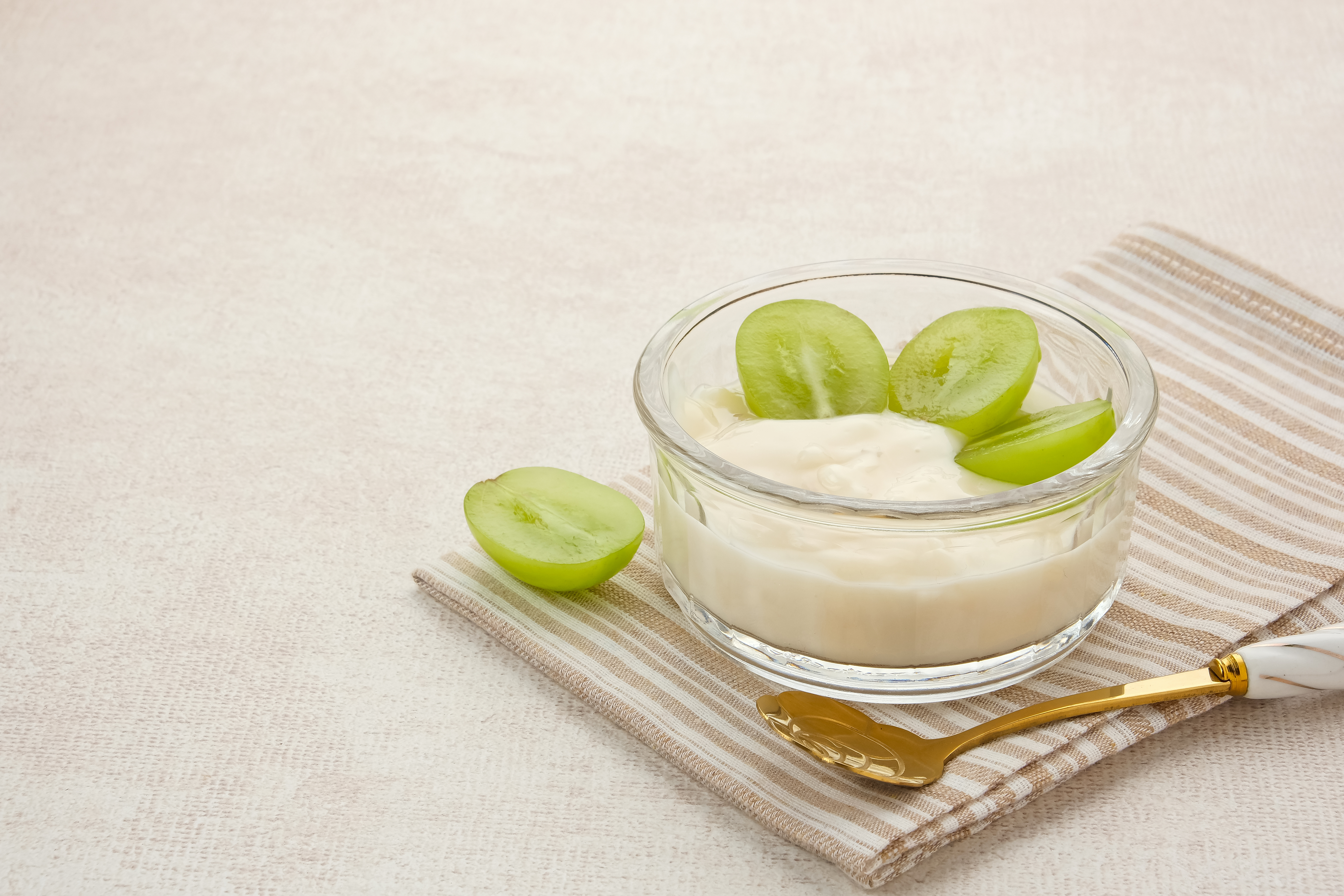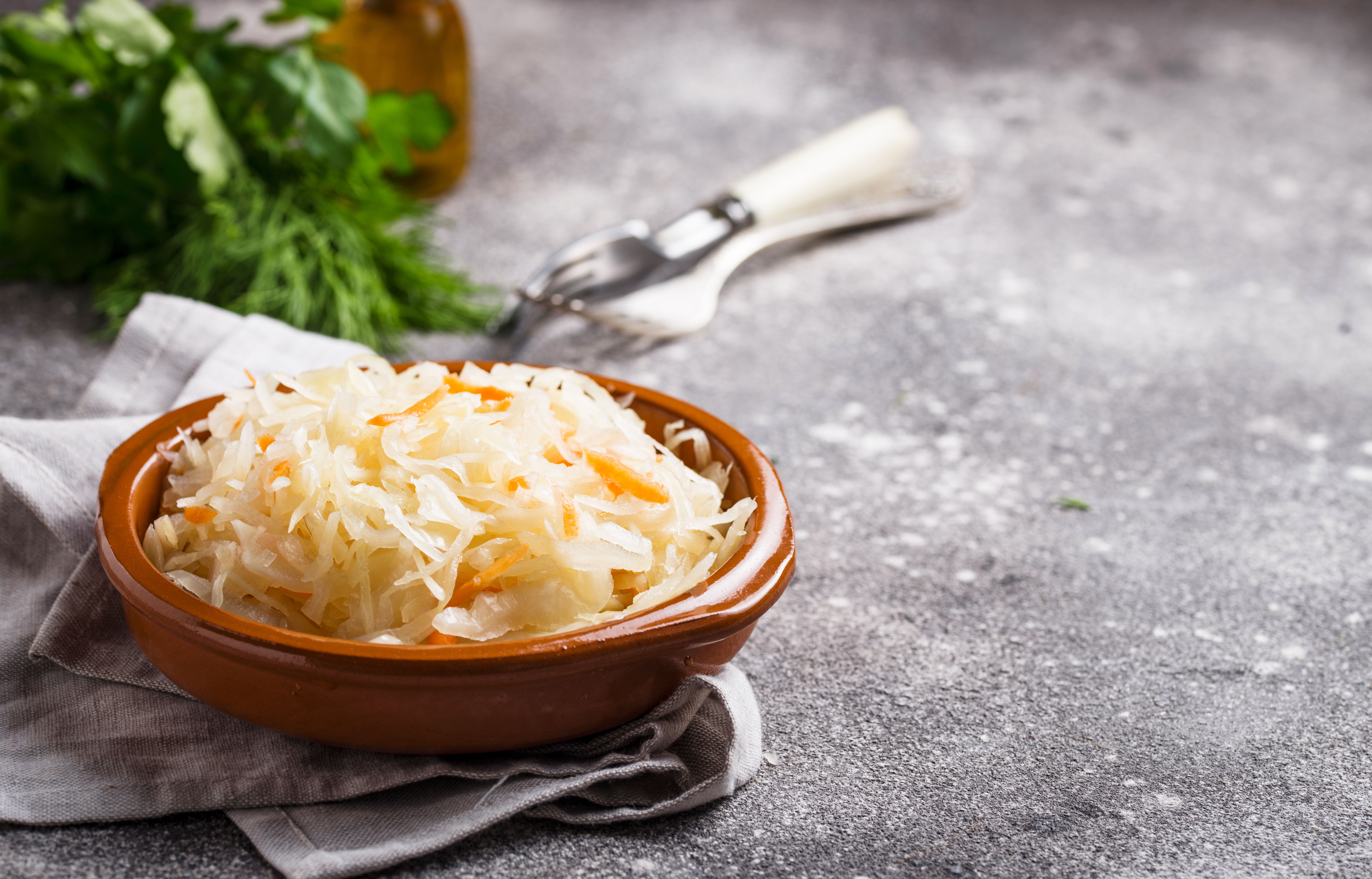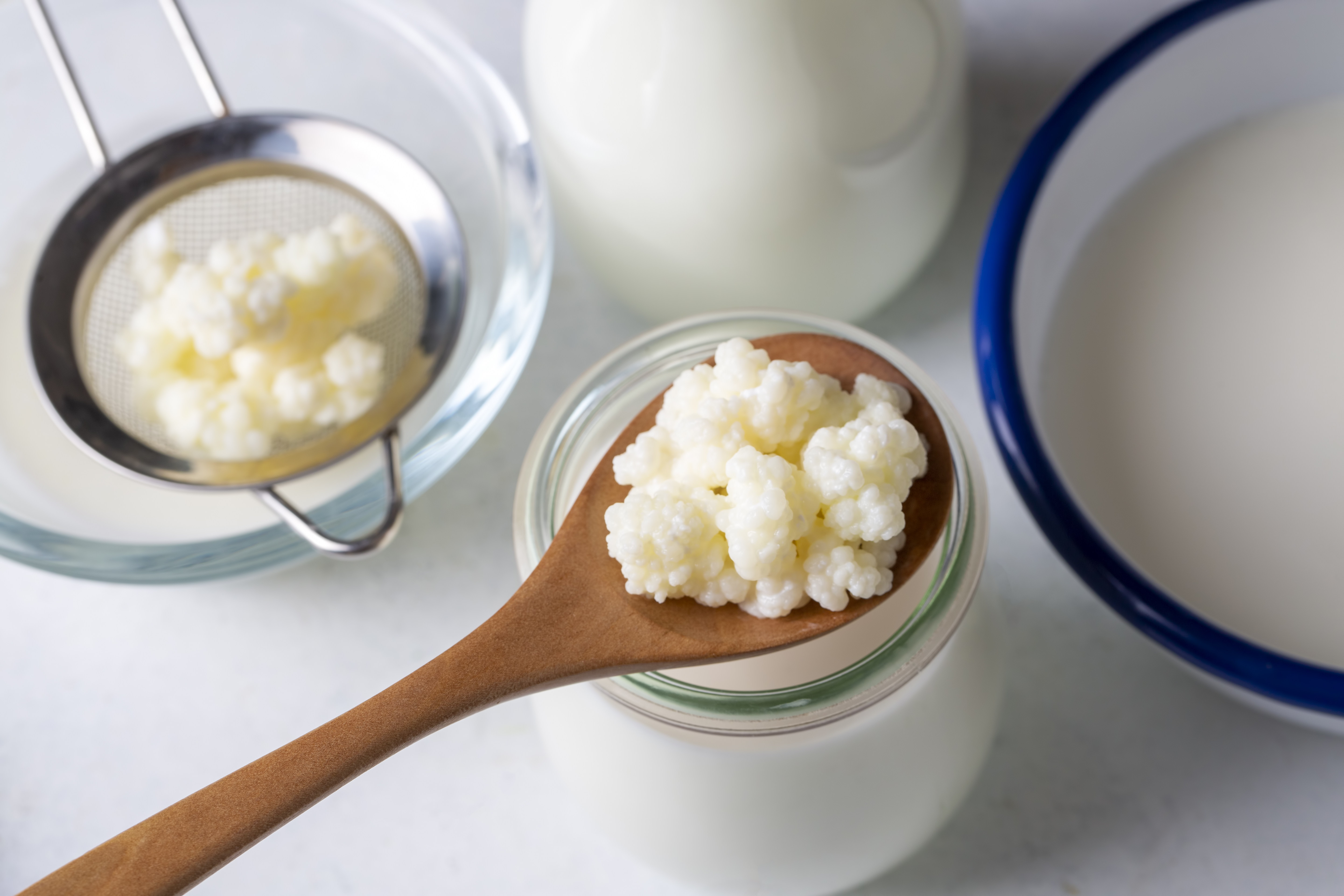Postbiotics: 11 Things To Know The Next Big Thing In Gut Health
In recent years, the health and wellness industry has been abuzz with discussions about probiotics and prebiotics. Yet, as science advances, a new player has emerged in the field of gut health: postbiotics. Unlike their predecessors, postbiotics are not live bacteria but rather the byproducts of bacterial fermentation. These compounds have shown promising benefits, offering a new frontier in enhancing gut health and overall well-being. This article delves into the multifaceted world of postbiotics, providing a comprehensive guide to understanding their role, benefits, and potential as the next big thing in gut health. As we explore the intricate connections between gut health and overall wellness, it becomes clear that postbiotics could redefine our approach to nutrition and health management. By examining the scientific foundations, potential benefits, and practical applications of postbiotics, we aim to equip you with the knowledge needed to make informed decisions about incorporating these powerful compounds into your daily routine.
1. Understanding Postbiotics: The Science Behind the Scene

Postbiotics are the metabolic byproducts or end products of probiotic bacteria. Unlike live probiotics, which require specific conditions to survive and thrive, postbiotics are stable and can be easily incorporated into various products. These compounds include short-chain fatty acids, peptides, and other bioactive molecules that exert beneficial effects on the host. The science behind postbiotics is rooted in the fermentation process, where probiotics digest dietary fibers and release postbiotic compounds. This process enhances the bioavailability of nutrients and contributes to the maintenance of a healthy gut microbiome. Research has shown that postbiotics can influence various physiological functions, including immune modulation, inflammation reduction, and gut barrier integrity. By understanding the science of postbiotics, we can appreciate their potential to improve gut health and overall wellness.
2. The Role of Postbiotics in Gut Health

Gut health is a cornerstone of overall well-being, influencing everything from digestion to immune function. Postbiotics play a crucial role in maintaining a balanced gut microbiome by supporting the growth of beneficial bacteria and inhibiting harmful pathogens. These compounds contribute to the production of short-chain fatty acids, which serve as an energy source for intestinal cells and help maintain the integrity of the gut barrier. A healthy gut barrier is essential for preventing the translocation of harmful substances into the bloodstream, reducing the risk of inflammation and disease. Furthermore, postbiotics have been shown to modulate the immune system, enhancing the body's ability to fight infections and maintain homeostasis. By promoting a balanced gut microbiome, postbiotics help support optimal digestion, nutrient absorption, and overall health.
3. Comparing Postbiotics to Probiotics and Prebiotics

While probiotics, prebiotics, and postbiotics are all integral to gut health, they function differently. Probiotics are live bacteria that confer health benefits when consumed in adequate amounts, while prebiotics are non-digestible fibers that serve as food for probiotics. Postbiotics, on the other hand, are the beneficial compounds produced by probiotics during fermentation. Unlike probiotics, postbiotics do not require refrigeration or specific conditions to maintain their efficacy, making them more accessible and convenient for consumers. Additionally, postbiotics are not affected by the acidic environment of the stomach, ensuring their stability and effectiveness. By understanding the distinctions between these three components, we can better appreciate the unique advantages of postbiotics and their potential to enhance gut health.
4. Potential Health Benefits of Postbiotics

The health benefits of postbiotics extend beyond gut health, offering a wide range of potential advantages. Research has shown that postbiotics can modulate the immune system, reducing the risk of infections and autoimmune disorders. They have also been linked to anti-inflammatory effects, which may help alleviate symptoms of inflammatory bowel disease and other chronic conditions. Furthermore, postbiotics have been shown to improve metabolic health by enhancing insulin sensitivity and reducing the risk of obesity and type 2 diabetes. These compounds may also support mental health by influencing the gut-brain axis, potentially alleviating symptoms of anxiety and depression. By harnessing the power of postbiotics, individuals can improve their overall health and well-being.
5. The Impact of Postbiotics on the Immune System

The immune system is intricately linked to gut health, and postbiotics play a vital role in modulating immune function. These compounds can enhance the production of anti-inflammatory cytokines while reducing pro-inflammatory cytokines, promoting a balanced immune response. Postbiotics have also been shown to strengthen the gut barrier, preventing the translocation of harmful pathogens and reducing the risk of infections. By supporting the growth of beneficial bacteria, postbiotics help maintain a healthy gut microbiome, which is essential for optimal immune function. Additionally, postbiotics may enhance the production of immunoglobulins, antibodies that play a crucial role in defending the body against infections. By incorporating postbiotics into your diet, you can support a robust and balanced immune system.
6. Postbiotics and Inflammation: A Path to Reduced Chronic Disease

Chronic inflammation is a common underlying factor in many diseases, including cardiovascular disease, diabetes, and autoimmune disorders. Postbiotics have been shown to exert anti-inflammatory effects, offering a potential strategy for reducing chronic inflammation and disease risk. These compounds can inhibit the production of pro-inflammatory cytokines and enhance the production of anti-inflammatory cytokines, promoting a balanced immune response. Furthermore, postbiotics have been shown to support the integrity of the gut barrier, reducing the translocation of harmful substances that can trigger inflammation. By reducing chronic inflammation, postbiotics may help prevent the development of various diseases and improve overall health.
7. Postbiotics and Metabolic Health: Enhancing Insulin Sensitivity

Metabolic health is a critical aspect of overall well-being, and postbiotics have shown promise in improving metabolic function. Research has demonstrated that postbiotics can enhance insulin sensitivity, reducing the risk of type 2 diabetes and metabolic syndrome. These compounds can modulate the gut microbiome, promoting the growth of beneficial bacteria that produce short-chain fatty acids. These fatty acids have been shown to improve glucose metabolism and reduce insulin resistance, supporting metabolic health. Additionally, postbiotics may help regulate appetite and reduce the risk of obesity by influencing the production of hormones involved in hunger and satiety. By incorporating postbiotics into your diet, you can support optimal metabolic health and reduce the risk of chronic disease.
8. The Gut-Brain Axis: How Postbiotics Influence Mental Health

The gut-brain axis is a bidirectional communication system between the gut and the brain, and it plays a crucial role in mental health. Postbiotics have been shown to influence the gut-brain axis, potentially alleviating symptoms of anxiety and depression. These compounds can modulate the production of neurotransmitters, such as serotonin and dopamine, which play a critical role in mood regulation. Additionally, postbiotics have been shown to reduce inflammation, which has been linked to mental health disorders. By supporting a healthy gut microbiome, postbiotics may help improve mental health and enhance overall well-being. Incorporating postbiotics into your diet may offer a natural and effective strategy for supporting mental health.
9. Practical Applications: How to Incorporate Postbiotics into Your Diet

Incorporating postbiotics into your diet is a practical way to enhance gut health and overall well-being. These compounds can be found in fermented foods, such as yogurt, kefir, sauerkraut, and kimchi. Additionally, postbiotic supplements are available, offering a convenient option for individuals seeking to boost their intake. When selecting postbiotic products, it is essential to choose high-quality options that contain clinically studied strains and dosages. By incorporating postbiotics into your daily routine, you can support a healthy gut microbiome and enjoy the numerous health benefits these compounds offer. Whether through diet or supplementation, postbiotics provide a versatile and effective strategy for enhancing health.
10. The Future of Postbiotics: Research and Innovation

The field of postbiotics is rapidly evolving, with ongoing research and innovation driving new discoveries and applications. Scientists are exploring the potential of postbiotics in various health areas, including cancer prevention, cardiovascular health, and skin health. Additionally, researchers are investigating the mechanisms by which postbiotics exert their beneficial effects, offering new insights into their role in health and disease. As the field advances, it is likely that new postbiotic products and formulations will emerge, providing consumers with even more options for supporting their health. The future of postbiotics is bright, and continued research and innovation will undoubtedly uncover new possibilities for these powerful compounds.
11. Best Foods with Natural Postbiotics: Gut Health in Every Bite

Natural postbiotics are the beneficial compounds produced during the fermentation of certain foods, and consuming these foods is an excellent way to support gut health and overall well-being. Fermented foods like yogurt, kefir, sauerkraut, kimchi, miso, and tempeh are rich sources of postbiotics, offering a convenient and delicious way to incorporate these health-enhancing compounds into your diet. These foods not only contain live probiotics that produce postbiotics but also deliver the beneficial byproducts themselves, such as short-chain fatty acids and bioactive peptides, which promote a healthy gut microbiome. For example, kefir is particularly potent, containing a diverse array of probiotics and postbiotics that support digestion and immune function. Similarly, miso and tempeh, made from fermented soybeans, are packed with gut-friendly nutrients and are versatile additions to a variety of dishes. By including these fermented foods in your meals, you can naturally boost your intake of postbiotics and enjoy their myriad benefits for gut and overall health.
Embracing the Postbiotic Potential

As we conclude this exploration of postbiotics, it is clear that these compounds hold immense potential for enhancing gut health and overall well-being. By understanding the science behind postbiotics and their unique advantages, individuals can make informed decisions about incorporating these powerful compounds into their daily routine. Whether through dietary sources or supplements, postbiotics offer a versatile and effective strategy for supporting health. For those interested in delving deeper into the world of postbiotics, numerous resources are available to expand your knowledge. Scientific journals, health websites, and books on gut health provide valuable insights into the latest research and developments in the field. Additionally, consulting with healthcare professionals, such as nutritionists and dietitians, can offer personalized guidance on incorporating postbiotics into your diet. By staying informed and seeking out reliable sources, you can continue to explore the fascinating world of postbiotics and discover new ways to support your health and well-being.
